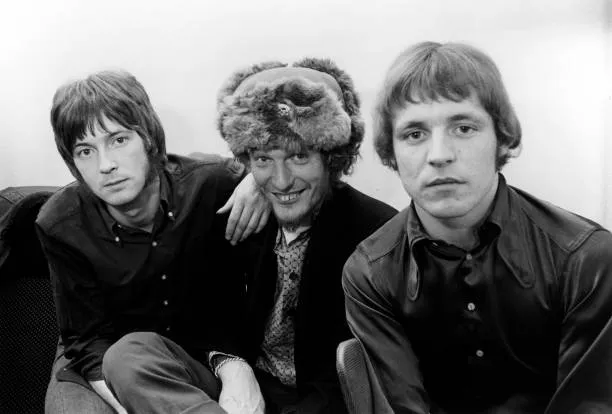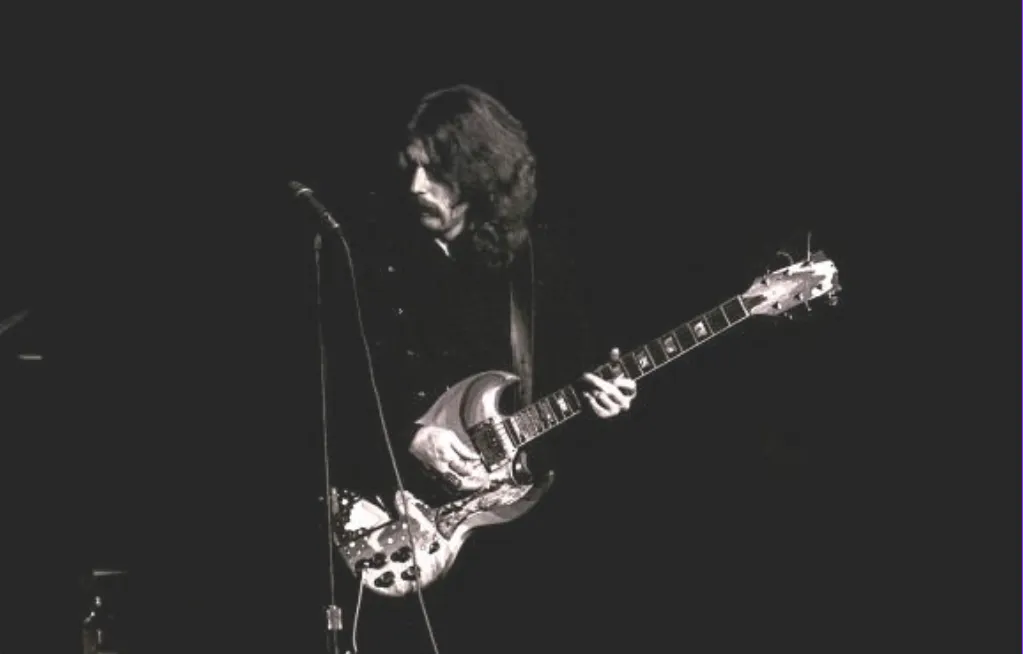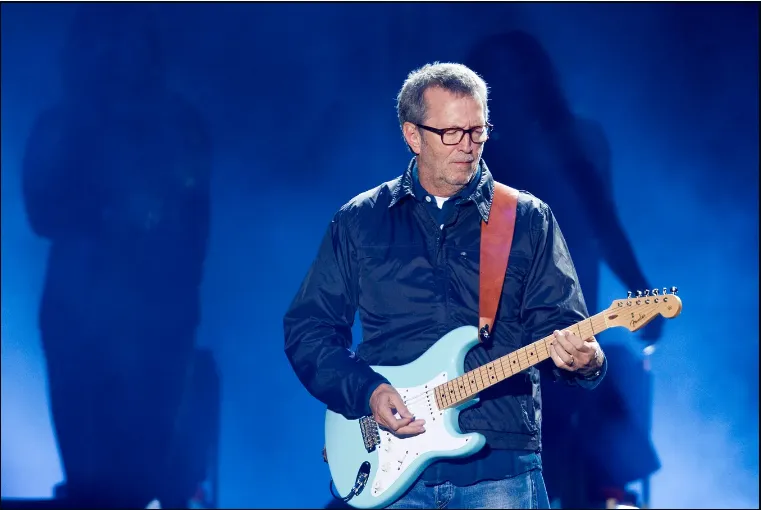The sound of Eric Clapton‘s wailing guitar has echoed through British music for decades. Since the 1960s, Clapton has been an immovable part of the musical furniture of the nation and has honed an unmistakable technique that he styled on a collection of his Delta blues heroes.
Although Clapton is a devoted aficionado of the blues, as a youngster, he didn’t have much trouble getting his hands on any record he desired. However, joining John Mayall’s Bluesbreakers was a turning point for him in more ways than one. Not only did his brief stint with the Bluesbreakers allow Clapton to learn from one of the best in the business, but it also granted him access to a treasured record collection, further enriching his musical education.

Following Mayall’s passing in 2024, Clapton revealed, “I learned all that I really have to draw on today in terms of technique and desire to play the kind of music I love to play. I did all my research in his home, in his record collection.”
Having rubbed shoulders with the leading lights of contemporary music, Clapton’s understanding and appreciation of pioneering artists is unparalleled. This depth of knowledge is what makes his collection of favourite songs so compelling. Despite being born in the United Kingdom, Clapton’s influences primarily originate from across the pond, and it is from these American artists that he draws most prominently in his list.
As a seasoned veteran of the music industry, Clapton has been asked countless times to name his favourite song, album, or musician. This means that no list he provides is truly definitive, and his preferences are likely to evolve over time. However, if, like Clapton, you’re content to have a CD compilation made from your selections, it’s a good indication that you’re willing to stand by those choices.

A few years back, the guitarist was asked as part of an ongoing Uncut to provide 15 songs that he’d call his favourite. With indie music peaking the charts once more – and a return to the garage rock of the sixties already being firmly adhered to – Clapton reminded the audience of the inspiration behind all those bands.
If you look back at the most successful bands in the 1960s British music scene, you’ll likely find that their roots are deeply embedded in the Delta blues. Whether it’s John Lennon, Keith Richards, The Kinks, or The Who, many of the leading acts of that era were pioneering new sounds, but they did so on the solid foundation laid by the blues.
With his favourite song choices, Clapton picks out 15 tracks that may not all be firmly labelled as blues but are certainly all imbued with a degree of soulfulness that highlights his desired commitment to their craft. All of the musicians and genres represented are performed with power and passion. Yet, Clapton’s heart is in the blues.
One of the only times on record Clapton has answered a similar question was his 1989 appearance on Desert Island Discs, in which he discussed the impact of leading lights Robert Johnson and Freddie King: “I was into the blues from a very early age,” he said. “I went on a pilgrimage to record shops and bought every R&B record I could buy and I would study them at home and learn as much as I could by ear.”
“In fact,” Clapton continues, “That’s been my method all my life. I decided that I was gonna be a blues player. It had the most profound effect on me the most dramatic effect of all the music I listened to. I felt in a way it was something I could pick up.” The universal nature of the blues meant that even a young Clapton could connect with the source of hardship or woe.
In 2005, Clapton was keen to ensure the memory of the blues was fresh in everybody’s mind as they continued to cherry-pick pieces of the ’60s subculture as their own. While the blues will never go away, it is worth remembering that it isn’t a single genre or style; it is a state of mind that comes with letting your soul into your art.
While the blues may have drifted away from the charts as music continues to evolve and new genres begin to appear, it remains at the heart of every sound we consume. While there are still modern artists like The Black Keys or Gary Clark Jr who are continuing to spread the word, few continue to devote themselves to the cause, like Clapton, who is still making new generations fall in love with the genre.



